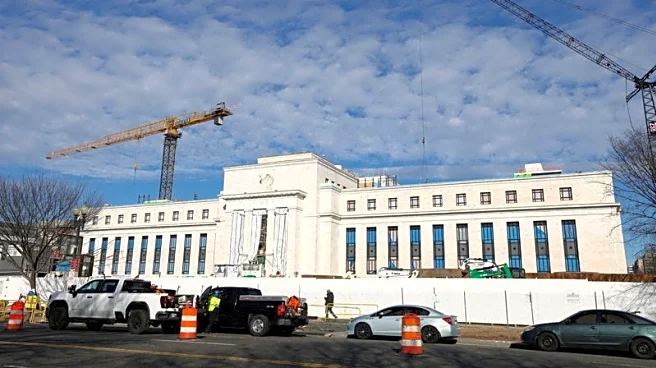By Emmanuel Bruce
ACCRA (Reuters) -Ghana’s central bank slashed its benchmark interest rate by 300 basis points to 25% on Wednesday, the largest cut in its history, as inflation slows at a record pace in the gold-,
oil- and cocoa-producing economy.
The Bank of Ghana said the move reflects growing confidence in the disinflation trend, which has seen consumer prices fall faster than ever before.
It was the bank's first cut since September 2024 when it slashed the rate by 200 basis points, mirroring major advanced economies that began their easing cycles.
However, price pressures forced the bank to hold and even raise the key rate at subsequent meetings. The West African nation is emerging from its most severe economic crisis in decades.
Last month, consumer inflation dropped to 13.7% from 18.4% in May, reaching the lowest level since December 2021.
Governor of the Bank of Ghana, Johnson Asiama, told a press conference on Wednesday that macroeconomic conditions have significantly improved with inflation expectations broadly anchored.
"Given these considerations, the MPC (Monetary Policy Committee), by a majority decision, voted to lower the monetary policy rate by 300 basis points to 25%," Asiama said.
MORE CUTS EXPECTED
He added that inflation risks were expected to be mitigated through appropriately managed monetary policy frameworks and ongoing fiscal consolidation efforts.
The Bank of Ghana had been widely anticipated to reduce the rate by 200 basis points to 26%, according to a Reuters poll of 10 analysts.
"It's the beginning of an easing cycle that should continue through the year, since inflation prospects will remain benign for a while," said Leslie Dwight Mensah, economist and research fellow at the Institute for Fiscal Studies.
Razia Khan, chief economist for Africa and Middle East at Standard Chartered Bank, said she expects another 700 basis points of easing across the September and November meetings, to reach 18% by year-end.
"While domestic utility price increases – which we expect in the (last quarter of the year), were flagged as a potential upside risk to inflation, we do not expect this to reverse Ghana’s now well-established disinflation trend," Khan said.
(Reporting by Christian Akorlie and Emmanuel Bruce Writing by Anait Miridzhanian Editing by Bate Felix)












